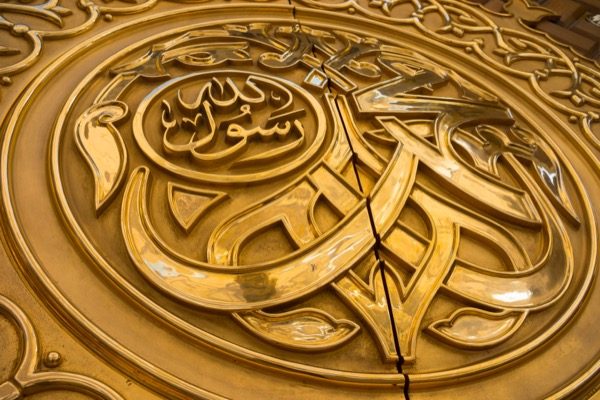
© Shutterstock
In the teachings of the Holy Qur’an regarding dealings with kindred, the parents are the foremost deserving of this kindness. After the parents, other relatives deserve kindness according to their closeness. These relations include children, wife, brother, sister, uncle and aunts. It is obvious that the relations who have priority in inheritance are more deserving of kind treatment in comparison to others. The Holy Prophet Muhammad (sa) has laid great emphasis on treating the relatives kindly. He said, ‘The word Rahm (kindness), which brings blood relations into existence, has its root in the attribute of God, Rahman (Gracious). If a person does not look after these relations, he cuts his ties with Rahman (the Gracious God). Whosoever discharges the rights of these relatives, establishes his ties with God.’
There is a beautiful message in this instruction that for the people who establish ties with their kindred, God’s attribute of Rahmaniyyat (graciousness) bestows full beneficence on them. He further said, ‘Such people are blessed with health and a long life.’ He added, ‘Whosoever cuts the ties of relationship will not enter paradise.’
Once someone asked the Holy Prophet Muhammad (sa) as to who was the most deserving of kind treatment. The Holy Prophet Muhammad (sa) replied, ‘Your mother.’ He asked again and the Holy Prophet Muhammad (sa) gave the same answer. In reply to his question a third time, the Holy Prophet Muhammad (sa) again said, ‘Your mother.’ When asked the fourth time, the Holy Prophet (sa) replied, ‘Your father.’
The obligations towards parents continue even after their death. Someone asked the Holy Prophet Muhammad (sa) if any obligation towards the parents remains after their death. He replied, ‘Yes, pray for your parents, seek Allah’s pardon for their sins, honour their covenants, respect their friends and look after those relatives who are connected to you through the parents.’
Muhammad (sa) – The Perfect Man (Qadian, India: Nazarat Isha’at, 2015), 245-246.



Add Comment